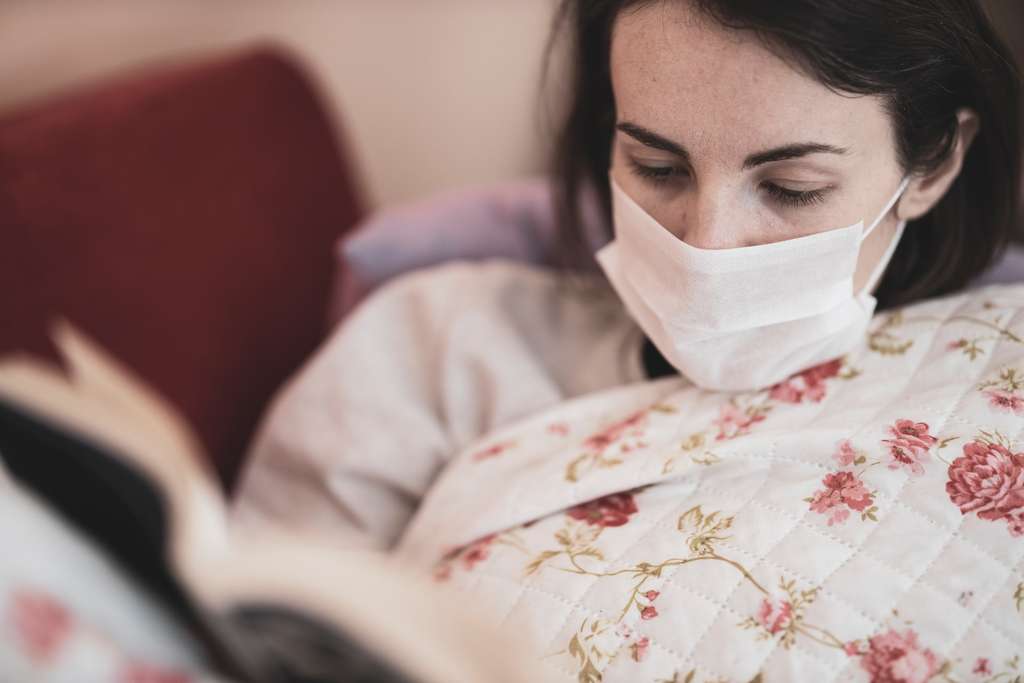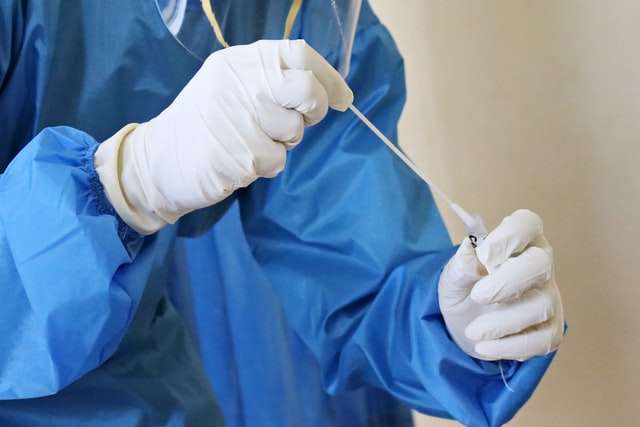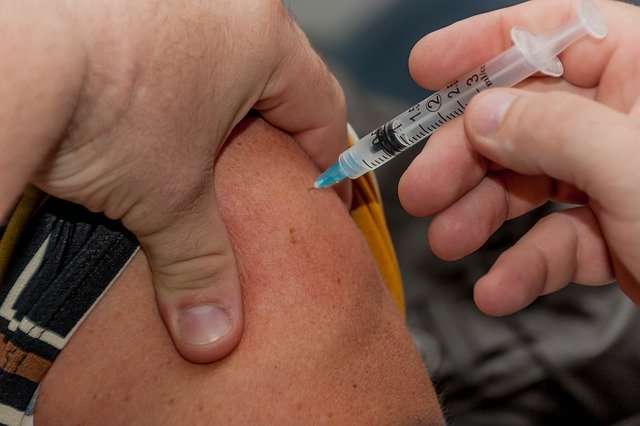(Translated by Google) Good service and kindness Edith is a very kind person (Original) Buena atención y amabilidad Edith es una persona muy amable
Read More
Can You Get COVID Twice?
Posted: Mar 14th, 2022 at 12:00AM

COVID-19 variants continue to sweep the world and fuel the spread of infections. Omicron is the dominant hand in play amid the steady drumbeat of transmissions. A lingering question that remains among the public is whether you can get COVID more than once. You've survived SARS-CoV-2, and you're already clear of its symptoms. You're vaccinated, and you recently got your booster shot. There's no way you can get COVID more than once, right?
The science behind it is still unexplored. But a growing body of research looks at reinfections with new and supporting evidence every day.
Is it Possible to Get COVID Twice?
The answer can be as straightforward as this: Yes, it's possible to get re-infected with COVID-19. Viruses evolve, and their structures can change. With the rise of SARS-CoV-2 variants, there is an increased risk of breakthrough cases, even for those who are up-to-date on their COVID-19 vaccinations.

COVID-19 affects different people in various ways. When the virus enters your body, your immune system will fight off the infection by creating antibodies that'll attach to the germ and destroy it.
As you begin to recover from COVID-19, a few of the antibodies against the virus remain in your body. Some experts believe that if you get exposed to SARS-CoV-2 again, your body will recognize it and make more antibodies to fight it off — offering some protection against reinfection.
But researchers still don't know how strong that immune response is and how long it lasts. In a 2020 study, patients who had recovered from COVID-19 after testing negative on two consecutive RT-PCR tests had tested positive again days after the initial negative results. They were asymptomatic, though they did not report having contact with anyone experiencing respiratory issues.
Another report by the American Thoracic Society revealed that after being free of symptoms for eight days, eight out of the 16 people swabbed tested positive for COVID-19. Whether these individuals tested positive due to reinfection or from the remaining detectable virus levels from the first infection, repeat infection cases are unavoidable, the CDC says. How common reinfections are from COVID-19 remains unknown.

According to a 2021 study, immunocompromised people are at higher risk for reinfections. The findings suggest an increased chance of reinfection among individuals with immune dysfunction, particularly those who have undergone a solid organ transplant or those with an autoimmune disease or a chronic inflammatory disease. However, breakthrough infections among individuals with immune suppression who are fully vaccinated are less severe, and hospitalizations are low compared to immunocompromised people who were reinfected before getting vaccinated.
Characteristics of various variants are also essential factors to consider when talking about repeated infections. BA.2, for example, has been reported to be 1.5 times more contagious than the original Omicron strain, also referred to as BA.1. With a more transmissible sub-variant slowly outpacing other variants, there is an increased risk of reinfection. But while it spreads faster than the original strain, BA.2 infections aren't reportedly increasing the likelihood of hospitalization, nor does it decrease the efficiency of vaccines.
How You Can Avoid Getting COVID Again
So, how can you protect yourself from reinfection?
Vaccines
While breakthrough infections can happen, staying up to date on your vaccines — receiving all the doses tailored to your age and health status — is one of the most effective ways you can steer clear of reinfection. Vaccines still work in keeping most COVID-19 variants at bay, and even if you get reinfected, vaccination reduces the severity of the virus, decreasing your chances of hospitalization and death. Unvaccinated people are 2.34 times more likely to have repeated infections with COVID-19 than those who are fully vaccinated. Even among immunosuppressed individuals, vaccines help in optimizing antibody responses to fight against repeat infections.

Masks
Wearing a mask or face covering is another cost-efficient step you can take to prevent getting COVID-19 more than once. If you're exposed to an infected individual, masks and face coverings help in acting as a barrier over your nose and mouth, reducing the risk of expelled droplets from entering your system. Since COVID-19 can spread to others by even an asymptomatic person, wearing a mask won't only lower your risk of contracting COVID-19, but it also protects others around you by containing your droplets.
Testing
COVID-19 testing remains an important epidemiological tool in identifying individuals who are immediately in need of care. If you've been exhibiting symptoms — including, but not limited to, coughing, breathing problems, loss of sense of smell or taste, headache, or fatigue — regardless of your vaccination status and COVID-19 history, you should immediately get tested. A positive test early in the course of the disease minimizes the chances of transmitting the virus to others and allows you to seek treatment early, reducing the risks of severe illness and death. This is why it's crucial that you receive your test results quickly, ideally within a few hours or less./p>
If you suspect that you may have COVID-19, or you've been in close contact with someone who is COVID-positive, ensure you get tested. e7 Health offers express FDA-approved COVID-19 RT-PCR testing at select locations. We're available seven days a week, with results released within an hour.

OMG, so e7 is one-of-a-kind in Vegas. My husband needed a TB Skin Test and I was able to book for the next hour. The staff actually answers the phone, right away. They are kind and nice. Upon arrival, at e7 Windmill location, the receptionist (who's name I do not have) was so kind, nice, and caring. She's a gem. During our brief wait for my husband's appointment, I witnessed the interaction between staff members and also, their clients. It's amazing that the entire, big e7 Team loves each other and what they do. You do not see this anywhere else. The team's interaction was magical. AND then how each staff member interacts with their patient, well... just unique. My husband had Alia, who definitely folded her Angel Wings in to fit in to the treatment room. What an amazing being. So patient, as my husband was on a walker and not so ambulatory. She explained all so clearly and easily. Truly, we have never experienced such CARE not just in Vegas, but anywhere. She also went above-and-beyond for us as to the next step. e7 scared me at first online, but now, they are my Go To and I have already recommended to many. God bless Alia and all. The Team truly LOVE what they do and it shows.
Read More

















